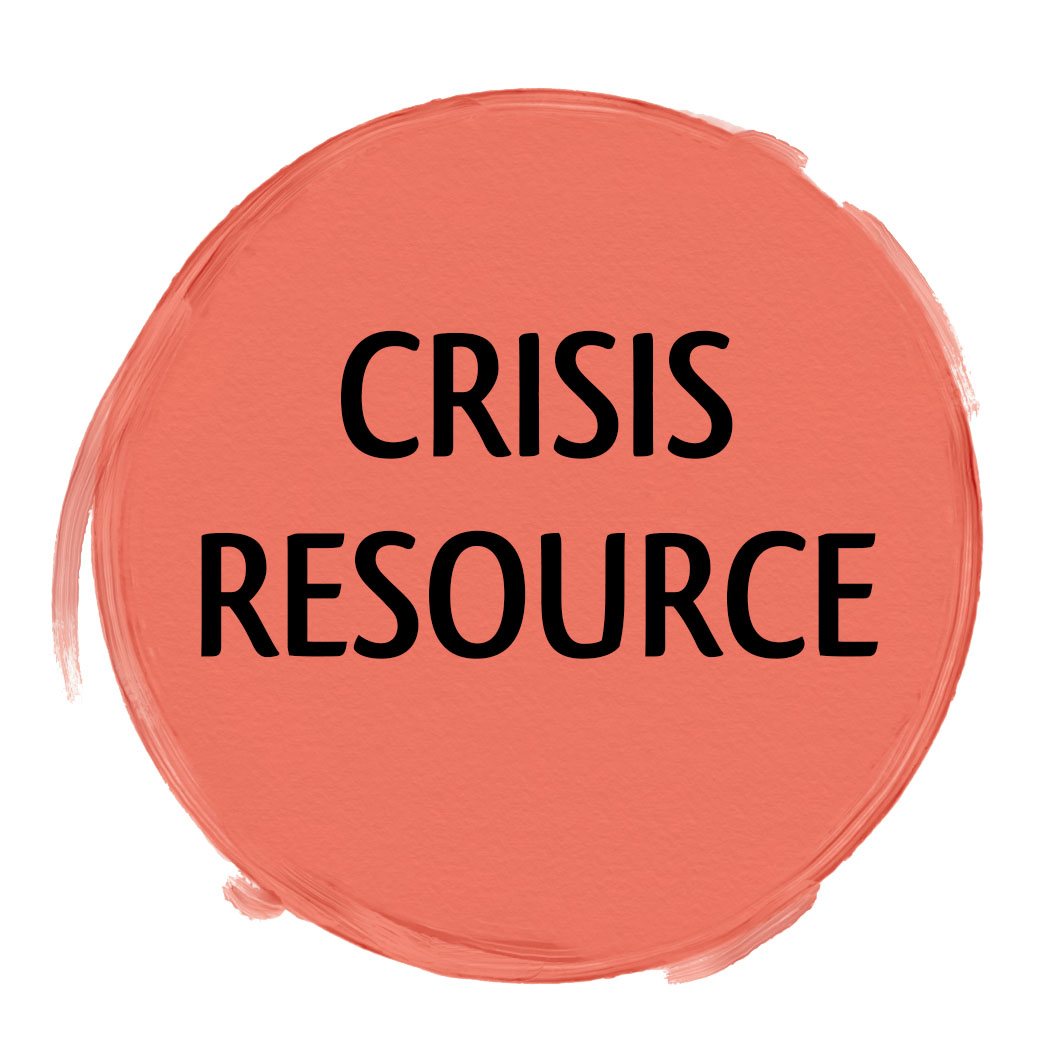Academic dishonesty
Academic dishonesty, "cheating" and other forms of misrepresenting others' work as your own, such as plagiarism, are considered serious breaches of academic integrity and are major violations of the standards of ethical behavior that the College expects from all its students. When detected, as it often is, academic dishonesty can result in a range of disciplinary actions including failure on an assignment, failure of a course, or even Conduct Dismissal from the College. Records of disciplinary actions for dishonesty are kept and conduct dismissals are noted on College transcripts. The best rule is to assume that instructors expect all work (exams, papers, projects, etc.) submitted for grading to be entirely your own, done without collaboration. If the instructor allows or desires collaboration, you should assume that the instructor will make that clear in the assignment. If the instructor has not explicitly stated that collaboration is permitted, all work submitted should be entirely your own. For more information review the Academic Dishonesty Policy.












